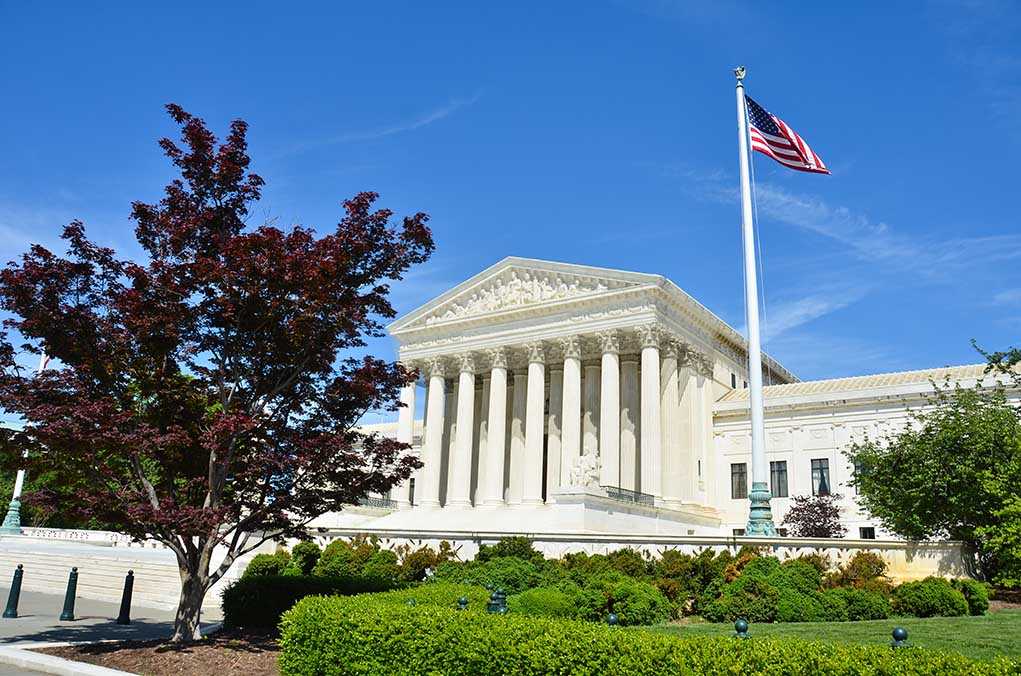
China’s aggressive push to replace the U.S. dollar with its digital yuan has created a national security emergency that only the GENIUS Act can solve—yet partisan politics threatens to derail America’s financial dominance before summer’s end.
Key Takeaways
- The GENIUS Act would enable American firms to issue dollar-backed stablecoins, strengthening U.S. currency dominance against China’s advancing digital yuan
- China’s stablecoin legislation takes effect in August 2025, creating urgent pressure for the U.S. to pass competing legislation
- Congressional amendments from Senators Hawley and Marshall are threatening to derail the bill despite its national security implications
- Vice President JD Vance supports minimal government interference in cryptocurrency, aligning with the Act’s free-market approach
- Critics argue the Act’s proposed regulatory framework may stifle innovation by restricting who can issue stablecoins
America’s Financial Dominance Under Threat
The GENIUS Act represents a critical juncture for American financial supremacy as China rapidly advances its digital currency ambitions. This stablecoin legislation, currently moving through the Senate, would enable U.S. companies to issue dollar-backed digital currencies—essentially digital dollars backed by American cash and short-term Treasury bonds. The timing couldn’t be more critical: China is finalizing its own stablecoin and digital currency laws explicitly designed to dethrone the U.S. dollar as the world’s reserve currency, with implementation set for August 2025. This direct challenge to American financial hegemony carries profound implications for national security, military funding, and global influence.
“Vice President JD Vance has it exactly right: the United States must pass the GENIUS Act, and it must do so without delay,” states Steve Diminuco, former Deputy Director for Global Intergovernmental Affairs at the U.S. Department of State.
By requiring stablecoins to be backed by real U.S. assets, the GENIUS Act would significantly increase global reliance on American money and debt. This framework ensures that as digital currencies gain mainstream adoption, the dollar remains the foundation of the international financial system rather than ceding ground to China’s digital yuan. The first-mover advantage in this space cannot be overstated—whoever establishes the dominant framework for digital currencies will shape global finance for decades to come. America simply cannot afford to let China set those rules.
Political Maneuvering Threatens National Security
Despite the clear national security implications, partisan politics threatens to derail the GENIUS Act through unrelated amendments. Senator Josh Hawley has proposed capping credit card interest rates while openly stating his opposition to the core legislation. Similarly, Senator Roger Marshall’s Credit Card Competition Act amendment has prompted Senator Thom Tillis to declare he will vote against the entire package if Marshall’s provision is included. This political gamesmanship puts America’s financial security at risk while China methodically advances its alternative currency system.
“It’s worth noting that Sen. Hawley is vehemently opposed to the GENIUS Act and said that he will vote against it,” said Steve Diminuco, former Deputy Director for Global Intergovernmental Affairs at the U.S. Department of State.
The clock is ticking as China’s legislation takes effect in just weeks. Senators tacking on unrelated amendments appear more concerned with scoring political points than protecting America’s financial sovereignty. Every day of delay gives China additional advantage in convincing international partners to adopt its digital currency framework instead of waiting for America’s solution. This represents a direct transfer of power from the United States to its primary geopolitical adversary—all while Congress engages in procedural delays.
The GENIUS Act is a win for innovation, national security, consumers, and community banks. I applaud @SenatorHagerty, @SenLummis, @SenatorTimScott for their leadership and @Sen_Alsobrooks, and @SenGillibrand for their commitment to this bipartisan legislation. https://t.co/vCmMiPLKrp
— Senator Dave McCormick (@SenMcCormickPA) May 19, 2025
Balancing Regulation and Innovation
While the GENIUS Act represents essential legislation for national security, legitimate concerns exist about its regulatory approach. The bill prohibits large non-financial firms from issuing stablecoins, potentially limiting competition and innovation. It also creates a “Stablecoin Certification Review Committee” involving the Federal Reserve, Treasury Department, and FDIC—a bureaucratic structure that could impede rapid development in this fast-moving sector. These provisions reflect the ongoing tension between regulation and innovation that has characterized America’s approach to financial technology.
“A dictatorial government that tells certain industries they’re not allowed to do what they need to do,” said Vice President JD Vance.
Vice President JD Vance has consistently advocated for minimal government interference in emerging industries, including cryptocurrency. His approach aligns with the view that America’s financial innovation thrives when the government focuses on preventing fraud rather than micromanaging risk. The GENIUS Act represents a compromise position—establishing necessary guardrails while attempting to preserve innovation. The bill’s requirement that stablecoins be backed by verifiable reserves represents sound policy that protects consumers without stifling development, though concerns remain about restrictions on who can participate in the market.
The GENIUS Act has the support of a wide range of stakeholders who know the importance of passing this bill – to protect consumers, promote innovation, and bolster U.S. national security. https://t.co/FbOlL6fLca
— U.S. Senate Banking Committee GOP (@BankingGOP) May 19, 2025
The Dollar as Foundation of American Power
The global dominance of the U.S. dollar represents far more than economic advantage—it forms the foundation of American military and diplomatic power. When other nations conduct trade in dollars, hold dollar reserves, and issue dollar-denominated debt, they indirectly fund American military operations and grant the U.S. tremendous leverage through sanctions. China understands this reality intimately, which explains its determined push to create alternative payment systems outside Washington’s control. The GENIUS Act represents America’s most immediate tool to counter this strategic threat.
“Let people make these decisions on their own,” said Vice President JD Vance.
A simple regulatory framework for fully backed stablecoins could enhance both the payments system and the U.S. dollar’s global status. The current approach risks being overly paternalistic, limiting individuals’ financial autonomy when Americans should be trusted with greater financial freedom. Congress would serve national interests by adopting a less prescriptive regulatory regime that applies free enterprise principles more broadly. The GENIUS Act, despite its imperfections, represents America’s best immediate defense against China’s direct assault on dollar dominance—if only Congress can put national security above partisan posturing.











